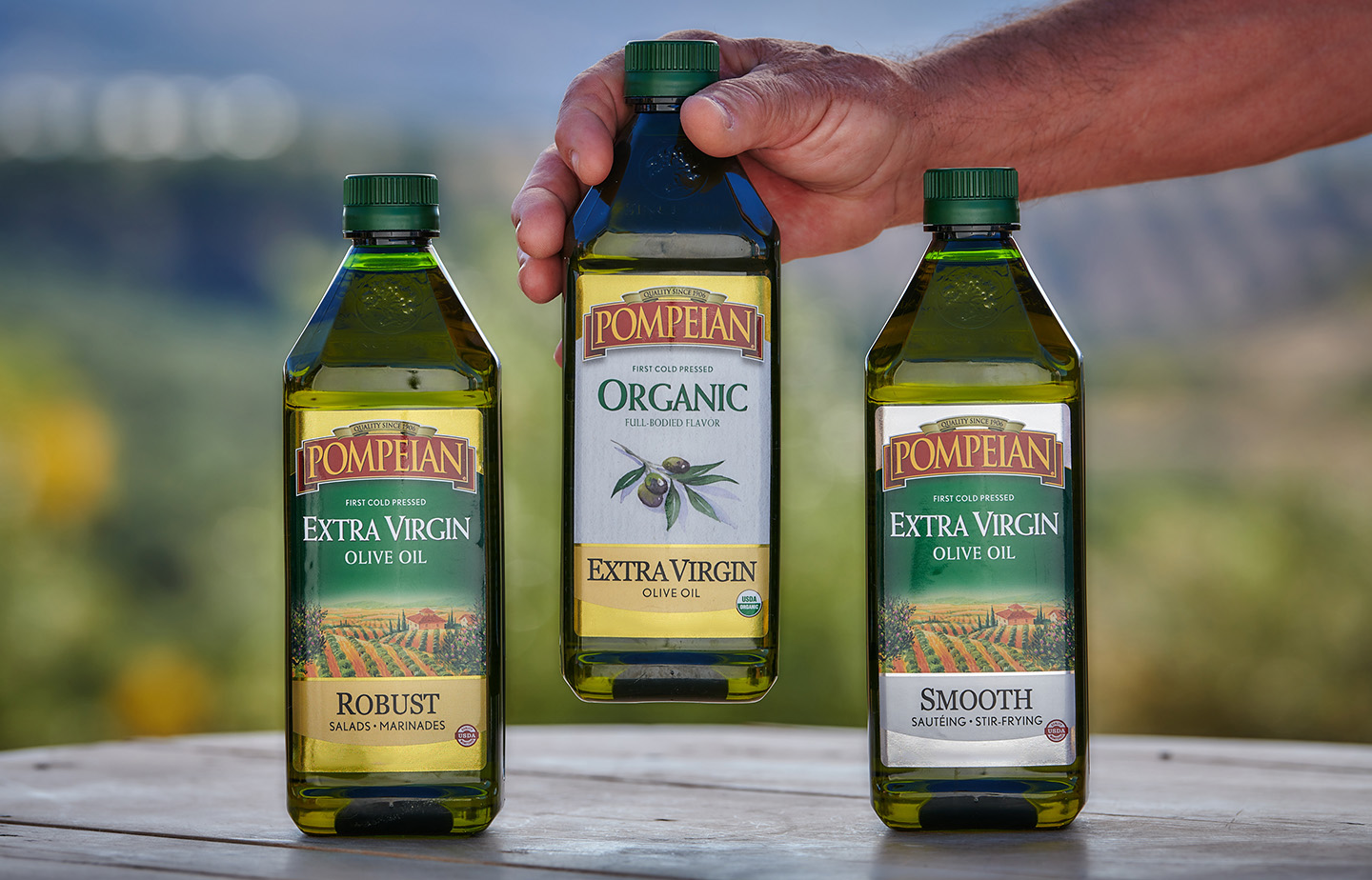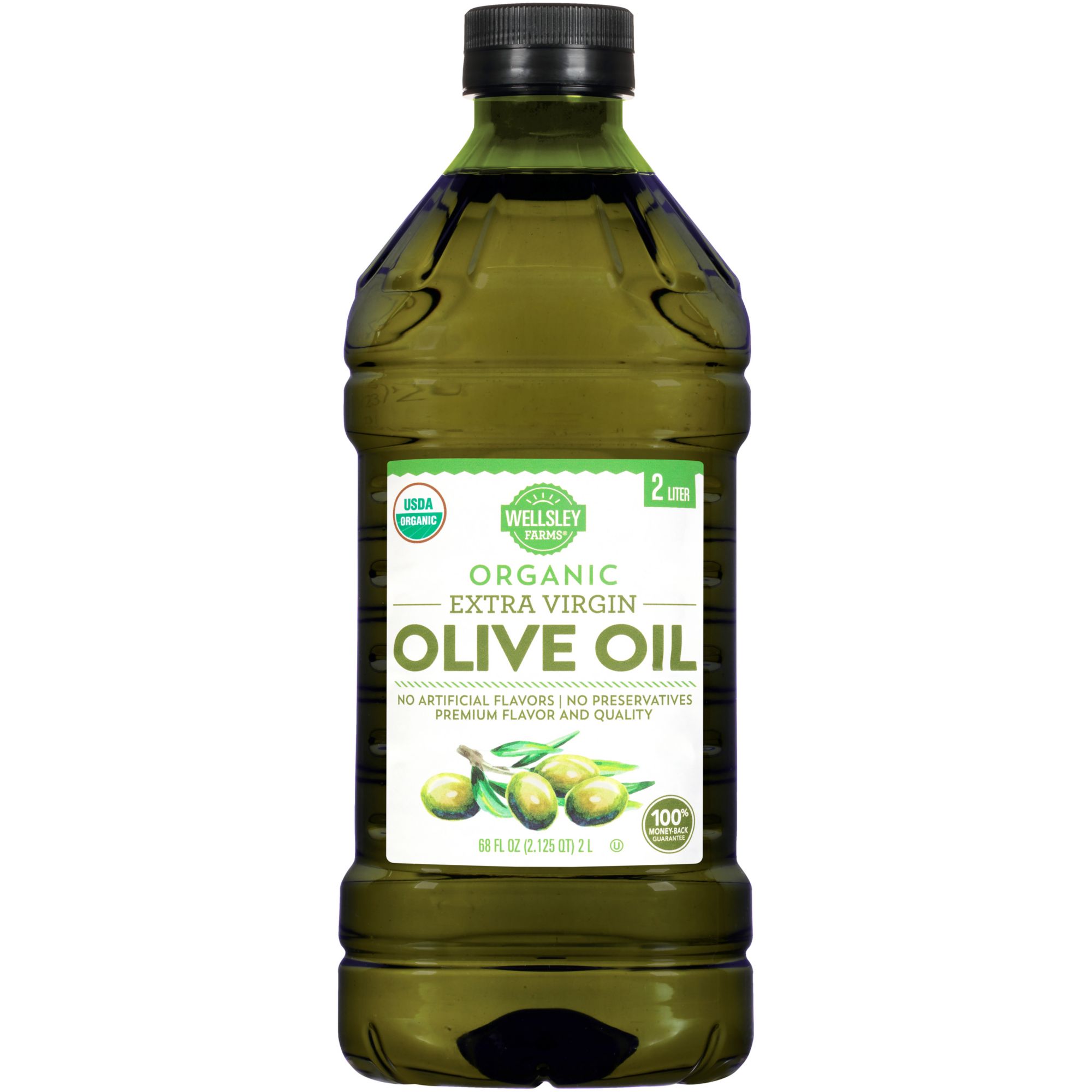The Top Extra Virgin Olive Oil Benefits That Can Transform Your Diet
The Top Extra Virgin Olive Oil Benefits That Can Transform Your Diet
Blog Article
Checking Out the Various Kinds Of Olive Oil and Their Usages, Including Extra Virgin Olive Oil
The expedition of olive oil encompasses a diverse array of types, each offering cooking applications and distinctive flavors. Additional virgin olive oil, renowned for its premium high quality and health benefits, offers as a staple in several kitchens, yet it is only one aspect of this diverse active ingredient.
What Is Olive Oil?
Obtained from the fruit of the olive tree, olive oil is a staple in Mediterranean cuisine and an essential active ingredient in different culinary applications. This versatile oil is created by pressing whole olives, leading to a liquid that differs in shade, fragrance, and taste relying on the kind of olives made use of, the area of cultivation, and the removal procedure. Olive oil is predominantly composed of monounsaturated fats, particularly oleic acid, which is understood for its prospective health advantages, including anti-inflammatory buildings and cardio assistance.
Along with its cooking usages, olive oil has a long history of application in traditional medicine and skin care, owing to its abundant antioxidant web content (extra virgin olive oil benefits). The oil is usually used in dressings, sauces, and for cooking methods such as sautéing and roasting. Its distinct taste account can boost the taste of various dishes, making it a vital component for both home cooks and professional cooks
In addition, olive oil is celebrated for its duty in the Mediterranean diet regimen, which is connected with many health and wellness benefits. As recognition of these benefits grows, olive oil remains to gain appeal worldwide as an essential component of a healthy and balanced way of living.
Kinds Of Olive Oil
Comprehending the various sorts of olive oil is vital for both culinary lovers and health-conscious consumers. Olive oil is identified mostly based on its removal method and top quality, which considerably influences its aroma, taste, and health benefits.

Light olive oil, despite its name, describes a lighter flavor and not lower calories. It is suitable for those looking for a more refined preference in dressings and marinates. In addition, there are flavored olive oils infused with herbs, spices, or citrus, which can boost dishes without the demand for extra seasoning.
Each sort of olive oil offers certain culinary objectives, and comprehending these differences permits consumers to make informed options that line up with their cooking designs and health objectives.
Extra Virgin Olive Oil
Bonus virgin olive oil (EVOO) is widely regarded as the finest quality olive oil available, celebrated for its abundant flavor and many health benefits. To be identified as additional virgin, the oil has to be created from fresh olives making use of mechanical processes, without making use of solvents or excessive warm. This careful method protects the oil's all-natural flavors, antioxidants, and healthy and balanced fats, resulting in an item with a low acidity degree of much less than 0.8%.
EVOO is plentiful in monounsaturated fats, especially oleic acid, which is linked to reduced swelling and improved heart health and wellness. It additionally includes polyphenols, effective anti-oxidants that may provide safety results against chronic illness. The taste account of EVOO can vary substantially depending on the olive range and area of manufacturing, varying from fruity and grassy to robust and sharp.

Culinary Use Olive Oil

In cooking, more tips here olive oil can be made use of for sautéing, roasting, and cooking, giving a much healthier option to butter or other fats. Its high smoke point makes it ideal for different cooking techniques, while its anti-oxidants add to a heart-healthy diet plan. Sprinkling olive oil over finished i thought about this recipes, such as pasta, fish, or barbequed veggies, can raise flavors and include a touch of elegance.
Moreover, olive oil plays a significant duty in baking, where it can replace typical fats in dishes for bread and pastries, presenting wetness and a subtle preference. It additionally works as a base for instilled oils, allowing chefs to explore flavors such as garlic, herbs, or chili, further expanding its culinary capacity. Generally, olive oil's flexibility makes it essential in both home and specialist kitchen areas.
Picking Top Quality Olive Oil
When choosing quality olive oil, it's vital to think about numerous crucial factors that influence the item's aroma, taste, and health benefits. Decide for extra virgin olive oil (EVOO), which is obtained from the very first cool pressing of olives and includes the highest possible degrees of antioxidants and valuable compounds. Try to find oils that are licensed by recognized organizations, as this typically makes certain adherence to stringent high quality requirements.
The product packaging additionally plays a considerable duty in maintaining the oil's integrity. Choose oils kept in dark glass bottles or tins to secure versus light degradation. Pay interest to the harvest day; fresher oils use premium taste and dietary worth, so pick items that are within 18 months of their harvest.
Be aware of the preference; a great high quality olive oil should have an equilibrium of fruity, bitter, and sharp notes, indicating its splendor and complexity. By reviewing these variables, you can ensure you are choosing the ideal olive oil for your cooking needs.
Final Thought
In summary, the expedition of various kinds of olive oil reveals unique characteristics and applications, with extra virgin olive oil representing the peak of top quality due to its low acidity and high antioxidant content. Understanding the different ranges of olive oil enables for educated choices in cooking methods, advertising much healthier methods while enhancing the general gastronomic experience.
Obtained from the fruit of the olive tree, olive oil is a staple in Mediterranean cuisine and a key component in numerous culinary applications.The most usual types of olive oil include refined olive oil, pure olive oil, and light olive oil.Bonus virgin olive oil (EVOO) is extensively related to as the highest possible quality olive oil readily available, renowned for its abundant taste and numerous wellness advantages. Decide for additional virgin olive oil (EVOO), which is obtained from the initial cool pushing of olives and has the highest possible degrees of antioxidants and helpful resources advantageous compounds.In recap, the exploration of numerous kinds of olive oil exposes distinct attributes and applications, with extra virgin olive oil standing for the peak of high quality due to its low level of acidity and high antioxidant web content.
Report this page